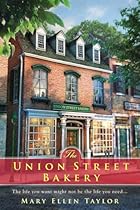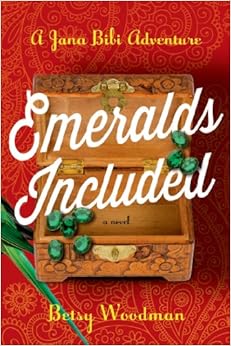 This meme is hosted by Breaking the Spine and is meant to highlight some great pre-publication books we all can't wait to get our grubby little mitts on.
This meme is hosted by Breaking the Spine and is meant to highlight some great pre-publication books we all can't wait to get our grubby little mitts on.  Small Blessings by Martha Woodroof. The book is being released by St. Martin's Press on August 12, 2014.
Small Blessings by Martha Woodroof. The book is being released by St. Martin's Press on August 12, 2014.Amazon says this about the book: Tom Putnam, an English professor at a Virginia women’s college, has resigned himself to a quiet and half-fulfilled life. For more than ten years, his wife Marjory has been a shut-in, a fragile and frigid woman whose neuroses have left her fully dependent on Tom and his formidable mother-in-law, Agnes Tattle. Tom considers his unhappy condition self-inflicted, since Marjory’s condition was exacerbated by her discovery of Tom’s brief and misguided affair with a visiting poetess. But when Tom and Marjory meet Rose Callahan, the campus bookstore’s charming new hire, and Marjory invites Rose to dinner, her first social interaction in a decade, Tom wonders if it’s a sign that change is on the horizon. And when Tom returns home that evening to a letter from the poetess telling him that he’d fathered her son, Henry, and that Henry, now ten, will arrive by train in a few days, it’s clear change is coming whether Tom’s ready or not.
For readers of Helen Simonson and Anna Quindlen, Small Blessings is funny, heart-warming and poignant, with a charmingly imperfect cast of cinema-ready characters. Readers will fall in love with the novel’s wonderfully optimistic heart that reminds us that sometimes, when it feels like life is veering irrevocably off track, the track changes in ways we never could have imagined.

























